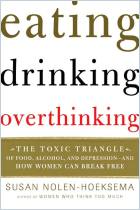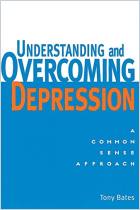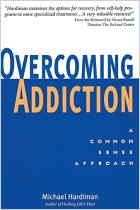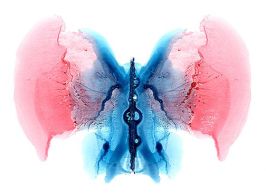
Regaining Your Self
Breaking Free from the Eating Disorder Indentity
Read or listen offline
Amazon KindleRecommendation
Take an appearance-fixated society, add an individual with an obsessive personality, a dash of anxiety and a measure of perfectionism, and you have the perfect recipe for an eating disorder. Dr. Ira Sacker has been treating people with eating disorders for more than two decades and thoroughly understands the dynamics of this devastating condition. He’s cooked up a compassionate, interactive therapeutic approach to healing that reaches past the boundaries of food, weight and calories. People suffering from eating disorders become their disease, focusing solely on it as their identity, 24 hours a day, seven days a week. The author’s premise is that the way to usurp this “eating disorder identity” is to develop a real, healthier identity based on discovering and pursuing your passions. If you or someone you know is battling an eating disorder, getAbstract suggests that you will find hopeful information in this book. It certainly serves up food for thought.
Summary
About the Author
Ira M. Sacker, M.D., is the co-author of the definitive book about anorexia, Dying to Be Thin, and treats eating-disorder patients in New York. He is clinical assistant professor of pediatrics at the New York University Medical Center and the Bellevue Hospital Medical Center.



















Comment on this summary or Начать обсуждение